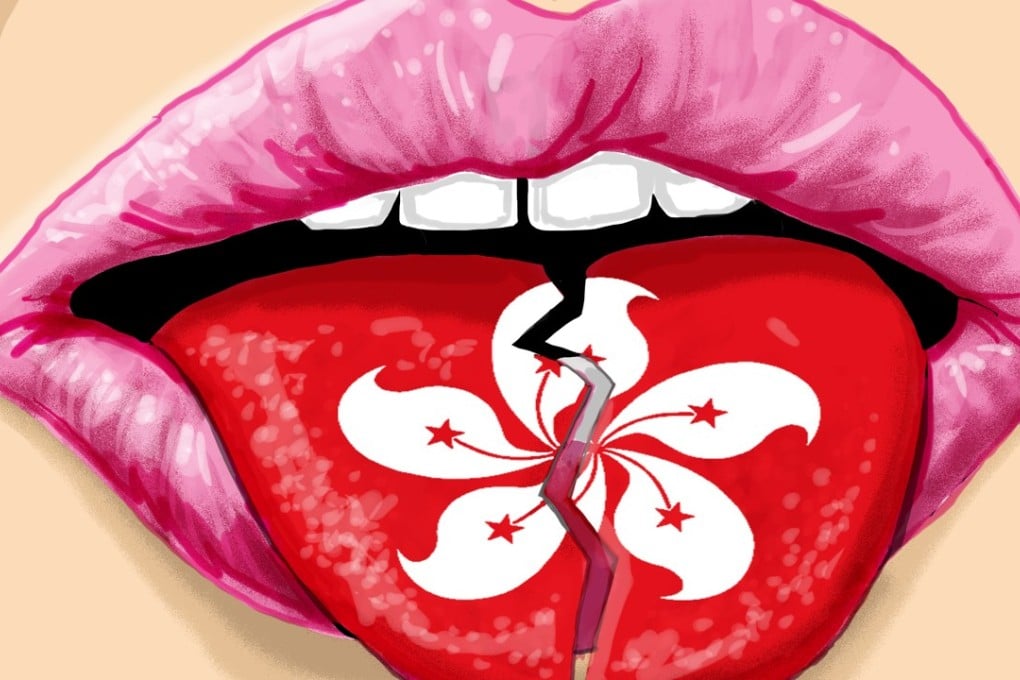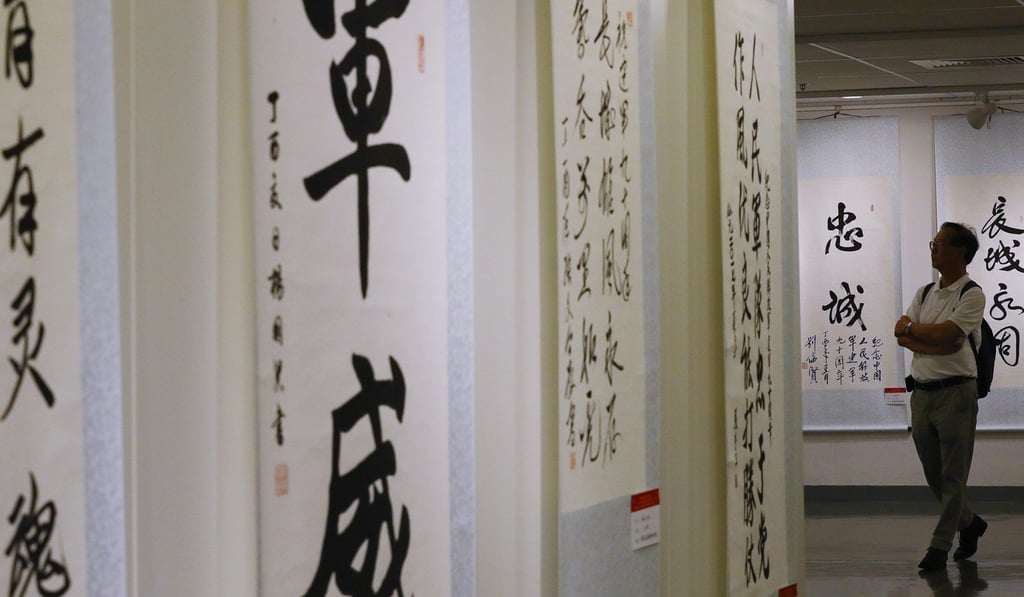Advertisement
Any attack on the Cantonese language will only strengthen Hong Kong identity – just look at Taiwan’s experience
Anson Au says Taiwan’s experience with the ‘re-Sinicisation’ policies of Chiang Kai-shek’s time shows how such cultural oppression will only lead to hatred, and an awakening of local identity
Reading Time:4 minutes
Why you can trust SCMP

Last month, an online forum in Hong Kong circulated a 2013 article written by a mainland Chinese scholar, for Chinese-language teachers here, suggesting that Mandarin, rather than Cantonese, should be Hong Kong’s mother tongue. What’s more, the scholar, Song Xinqiao, drew on resources published by the Hong Kong Education Bureau to back his assertion.
Advertisement
The article ignited a firestorm from all corners of Hong Kong, with commentators, writers and even celebrities, including Chinese-language teacher Benjamin Au Yeung Wai-hoo – more popularly known as “Ben Sir” – chiming in.
The issue has touched a raw nerve in Hong Kong. For years, a group of Hongkongers have warned about the expansion of mainland Chinese influence in Hong Kong and how it would result in the displacement of local identity and culture, of which Cantonese is an important part; a displacement that Hong Kong people seem powerless to stop.

Advertisement
But the imposition of mainland Chinese values on a vassal society is not without historical precedent. Taiwan’s experience offers some clarity as we grapple with our contemporary fears.

Advertisement